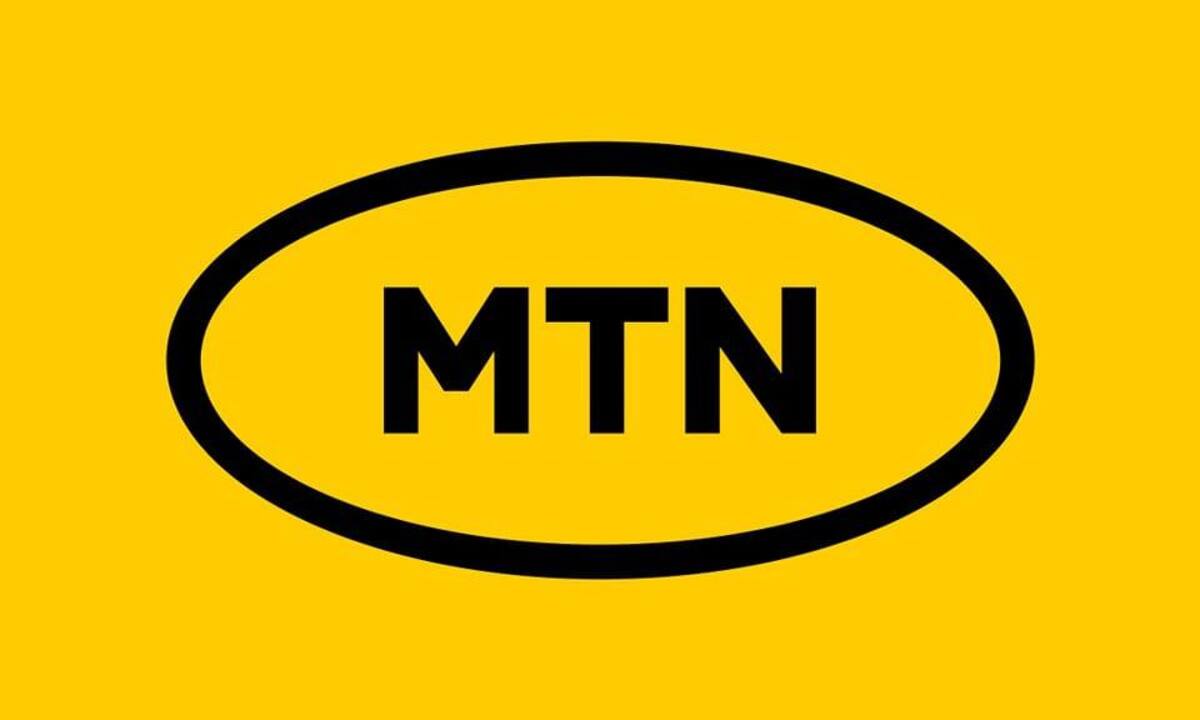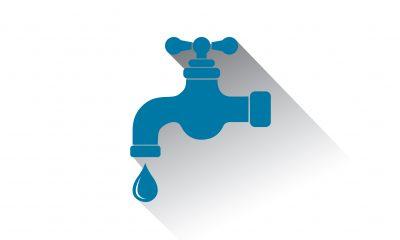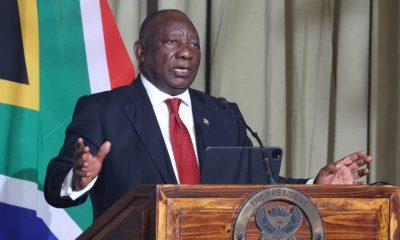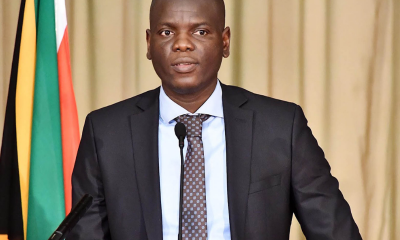News
MTN Announces R6 Billion Investment in Fibre Cable Network Linking 10 Countries

MTN announces R6 Billion ($320 million) investment in fibre cable network linking 10 countries. This strategic move is part of a broader effort by telecommunications companies to expand their services in response to the continent’s growing population as reported by Business Tech.
The project, known as the East2West link, will be spearheaded by MTN GlobalConnect and the Africa50 infrastructure investment agency. Construction is set to commence in the fourth quarter, with approximately 20,000 kilometres (12,400 miles) of new cable being laid and an interconnection spanning over 100,000 kilometres of fibre.
This initiative complements MTN’s recent venture to build a sub-sea cable that landed in Cape Town, South Africa, towards the end of last year. By connecting African countries to Europe and the Middle East, MTN aims to bring fast broadband to coastal cities. However, developing inland cables is crucial to further enhance connectivity for land-locked countries.
Wireless carriers in Africa are increasingly investing in infrastructure to capitalise on the services offered on their networks. For example, MTN is currently in the process of restructuring its infrastructure wholesale firm, GlobalConnect, which will be rebranded as Bayobab. The company plans to deploy a total of 135,000 kilometres of fibre by 2025, generating potential revenue of up to $1 billion.
MTN highlights that Africa requires at least 500,000 more kilometres of fibre optic cables. In addition to wireless carriers, major US tech giants such as Google and Facebook’s Meta Platform are heavily investing in efforts to provide improved connectivity to Africa’s young, tech-savvy, and rapidly expanding population.
The MTN fibre cable network will be constructed in three phases, traversing countries including Kenya, Nigeria, and Congo. Once completed, the network will significantly enhance services like video streaming and cloud computing. The final stage of the project is anticipated to be ready by 2025, offering a substantial boost to digital capabilities across the region.
Also Read:
Photo: Facebook / @MTN South Africa






















